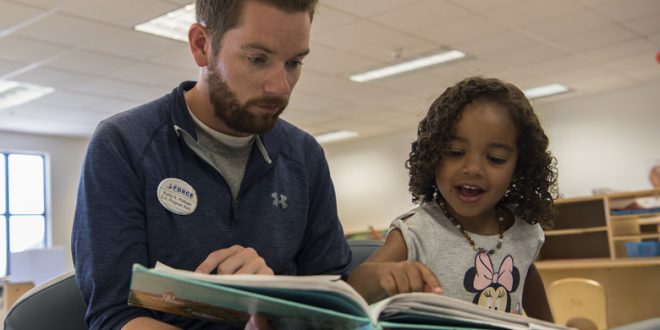All high schoolers know that to get to college, most will need letters of recommendation from their teachers. They know that the willingness of the teacher to write the letter and the quality of the letter depend heavily upon the teacher’s opinion of the student. This creates a whole new issue: students striving to receive a letter of recommendation are immersed into an environment where competition is rampant and artificial.
Since most high school teachers teach multiple classes, it is impossible for them to understand each and every student’s personality. As a result, they often better understand the students that ask numerous questions or even find time to ask the teacher for office hours. However, asking for help implies that the student needs help on the material in the first place. This means that those students that are proficient in the class do not feel the necessity to ask as many questions, resulting in the teacher not paying the same attention to them. Consequently, proficient students striving to curry favor with their teachers sometimes ask frivolous or strange questions that they either already know the answer to or do not really need to know.
Similarly, those that are introverted are disadvantaged as well. Even if they are extraordinarily curious or hardworking, they might feel embarrassed to ask the teacher questions or answer questions when they think they might be wrong. Thus, teachers are less likely to notice them even when their work ethic and interest is stronger than average.
These factors work to create an artificial perception of the student, furthering a convoluted environment where teachers pay increased attention to anyone trying hard enough to obtain the letter of recommendation rather than those legitimately interested in or naturally talented at the subject.
Although the flaws of the system are clear, what becomes harder is proposing a solution to solve it. Even with its flaws, the method of gauging interest by classroom interaction is still valid to some extent. However, teachers should pay close attention to grades and submitted work. Instead of grading each paper or test blindly, they should take note of who is receiving what grade and track the improvement of these students. Thus, instead of purely relying on their participation in class, teachers can then judge a student’s dedication through the results they procure rather than the process, which can easily be embezzled or misleading.
 Tempus Magazine By Students, For Students
Tempus Magazine By Students, For Students 



